State of Oregon Short-Term Rental Regulations
Short-term rental regulations vary depending on the location and may include zoning laws, occupancy and safety standards, taxation, licensing, and insurance requirements review our guides for more information specific to your city.
Reviewed by Karolyn Hutson
Last updated October 08, 2023
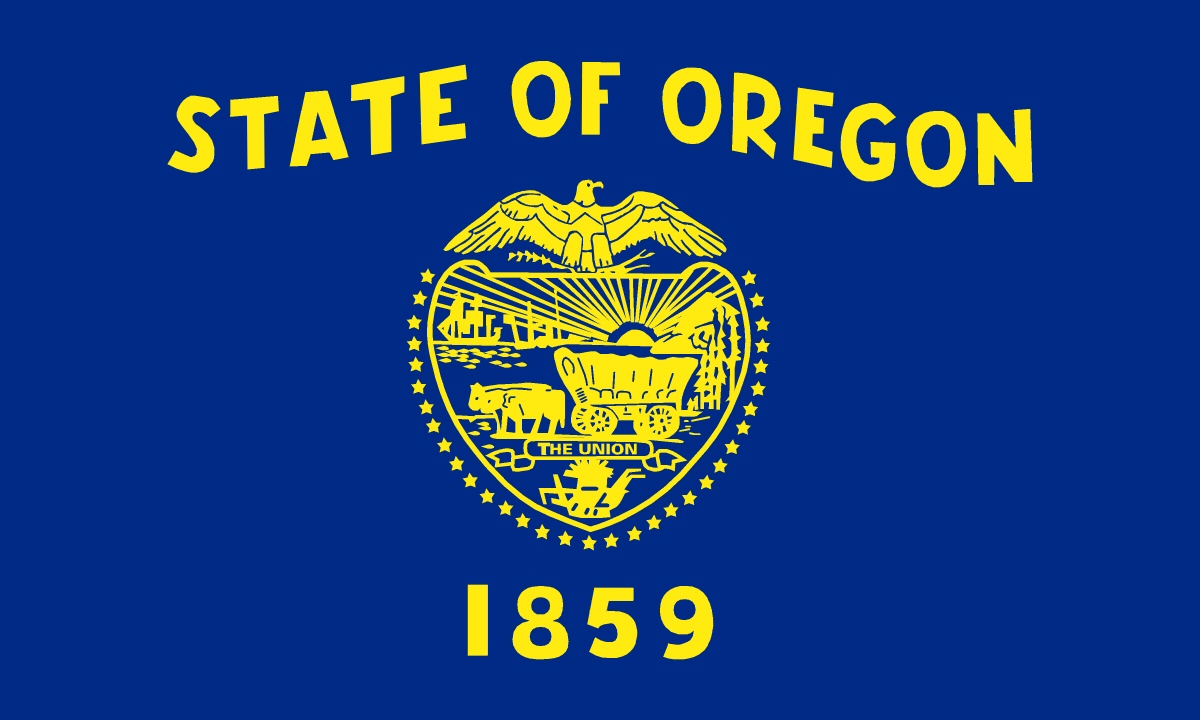
Overview of Oregon Short-Term Rental Regulations
Information is maintained by the community to provide helpful insights and links to local regulations, HostScouts does not provide legal or investment advice.
Nestled between the Pacific Ocean and the Cascade Mountains, Oregon offers travelers a diverse range of experiences. From the bustling city life of Portland to the serene landscapes of Crater Lake, it's no wonder short-term rentals are flourishing here. But before you jump into this promising venture, let's navigate the intricate web of Oregon's short-term rental regulations.
What is Considered a Short-term Rental?
Oregon's unique blend of urban and natural attractions makes it a prime location for transient lodging. But what exactly does this entail?
- Definition - In Oregon, a short-term rental is any lodging service provided for less than 30 nights. This could be a chic downtown apartment rented out for a weekend or a coastal cottage leased for a fortnight.
- Rental Period Length - The defining characteristic of a short-term rental in Oregon is its duration. If it's less than a month-long stay, specifically under 30 nights, it's categorized as transient lodging.
- Types of Rentals - The variety is endless from a rustic treehouse in Bend to a luxurious loft in Eugene. Whether it's a single room, an entire house, or even a houseboat on the Willamette River, it's all part of Oregon's transient lodging scene.
- Geographic Oversight - While Oregon provides a broad framework, local nuances matter. For instance, Ashland might have different regulations during its famous Shakespeare Festival. Always be in sync with local city or county rules.
Starting a Short-term Rental Business
Transforming your property into a traveler's haven? Here's your roadmap.
- Registration - Oregon simplifies things here. There's no separate registration ordeal. You're in the system once you file your inaugural quarterly lodging tax return.
- Licensing - While the Beaver State might not demand specific licenses, cities like Beaverton or Salem might. Always cross-check local requirements.
Getting Started Tips
- Engage with local short-term rental communities or forums for insights.
- Consider seasonal trends. For instance, Mt. Hood properties might see a winter surge.
- Clear communication is key. Whether it's house rules or local attractions, keep your guests informed.
Housing Rules and Requirements
Your guests' safety is paramount. Here's how to ensure it.
- Occupancy Limits - A three-bedroom house in Medford might accommodate six people comfortably, but squeezing in 12 might breach local regulations. Always adhere to set occupancy limits.
- Fire Safety - Beyond the mandatory smoke detectors, consider adding carbon monoxide detectors, especially if you have gas appliances. And remember, a fire escape plan on the back of the front door can be a lifesaver.
- Inspections - Proactive safety checks, like ensuring balcony railings are sturdy in your Newport Beach house, can prevent accidents and potential lawsuits.
- Insurance - Specialized short-term rental insurance can be a boon. Imagine a guest accidentally flooding your Portland condo; the right insurance can cover repair costs.
Short-term Rental Taxes
Navigating the tax landscape is crucial for any short-term rental host in Oregon. While the Beaver State has its overarching tax regulations, nuances at the city level can significantly impact your bottom line.
State Taxes
A 1.5% state lodging tax is applied every time a guest books your property. This revenue is funneled into promoting Oregon's myriad attractions, from the Columbia River Gorge's serene landscapes to the Portland's bustling Saturday Market.
Local Taxes
Beyond the state's 1.5%, individual cities in Oregon often have their own lodging taxes. For instance:
- Portland: Known for its bridges, breweries, and eco-friendliness, Portland imposes a local tax of 6%. So, if you're renting out a trendy Pearl District loft for $200 a night, you'd collect $12 just for the city's tax on top of the state's $3.
- Bend: With its vibrant arts scene and outdoor activities, Bend has a local tax rate of 10.4%. That cozy cabin near Mt. Bachelor going for $150 a night? That's an additional $15.60 for Bend's coffers plus the state's $2.25.
- Eugene: Home to the University of Oregon and a plethora of parks, Eugene levies a 4.5% local tax. So, a $100 stay near the Willamette River would include a $4.50 city tax and a $1.50 state tax.
Reporting and Remittance Requirements
It's not just about collecting the right amount; it's also about remitting it correctly. Quarterly tax returns are mandatory. If you have a cottage in Astoria and a townhouse in Salem, each property's earnings must be reported separately.
Penalties for Non-compliance
Overlooking these taxes can be costly. For example, if you had a bustling summer with your Ashland property near the Shakespeare Festival and forgot to remit the local 9% tax on your $10,000 earnings, you could be looking at a $900 penalty, not including any additional fines or interest.
While Oregon offers a lucrative short-term rental market, it's essential to be diligent about taxes. By staying informed and compliant, you can ensure a smooth operation and avoid any unwelcome financial surprises.
Oregon Airbnb Regulations by City
Information is maintained by the community to provide helpful insights and links to local regulations, HostScouts does not provide legal or investment advice.
-
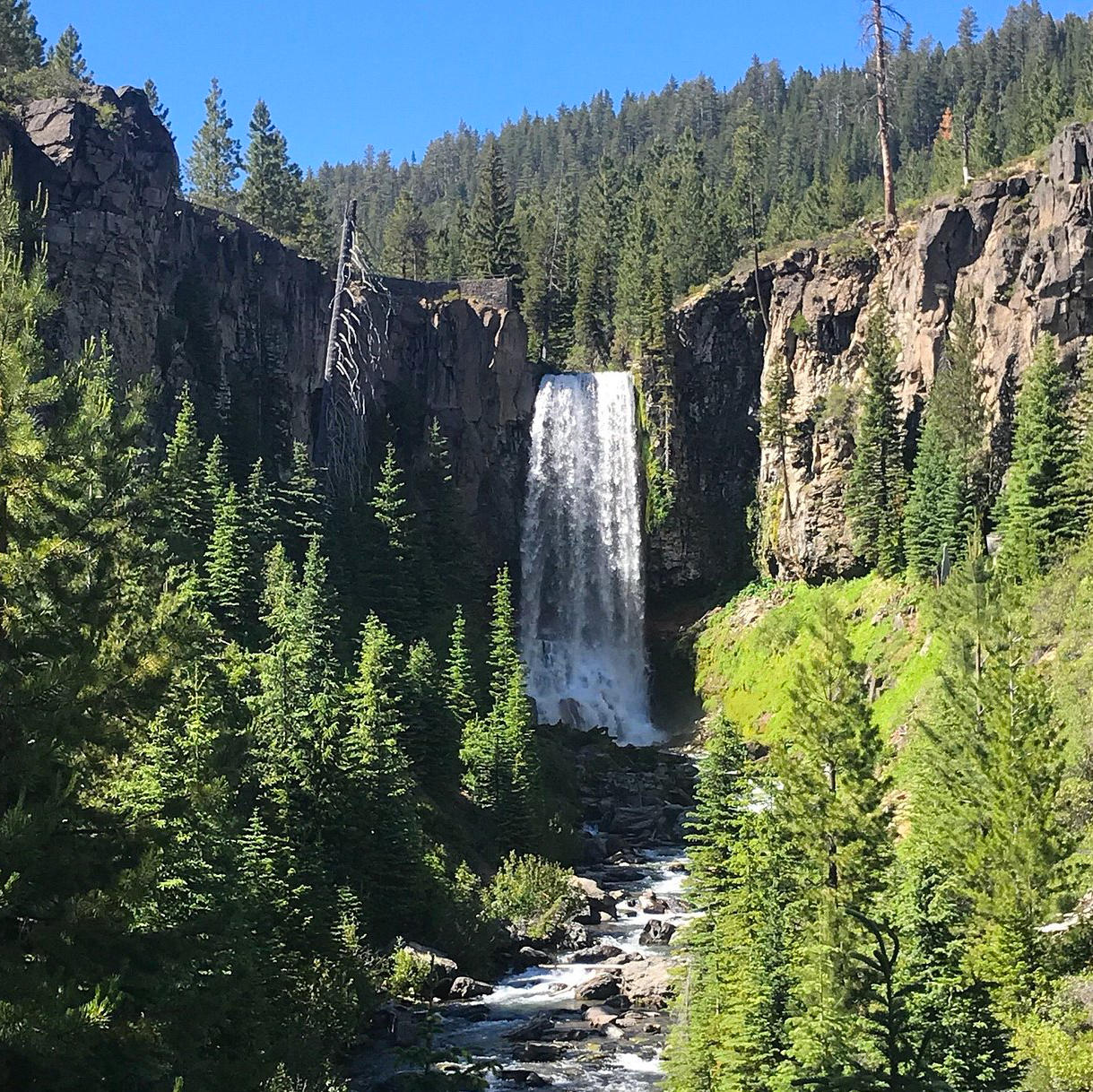
Bend
Regulation: TBD
5.4 -
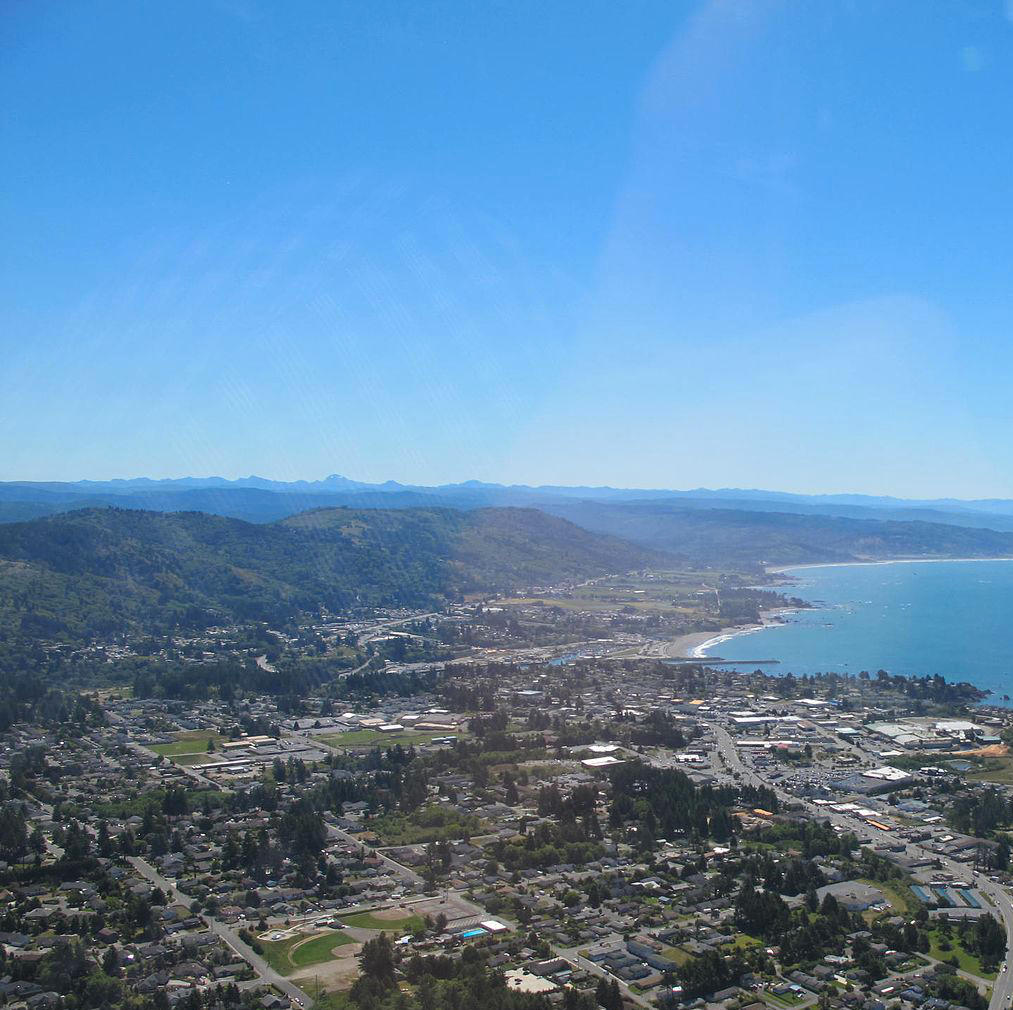
Brookings
Regulation: TBD
6.5 -

Cannon Beach
Regulation: TBD
4.9 -
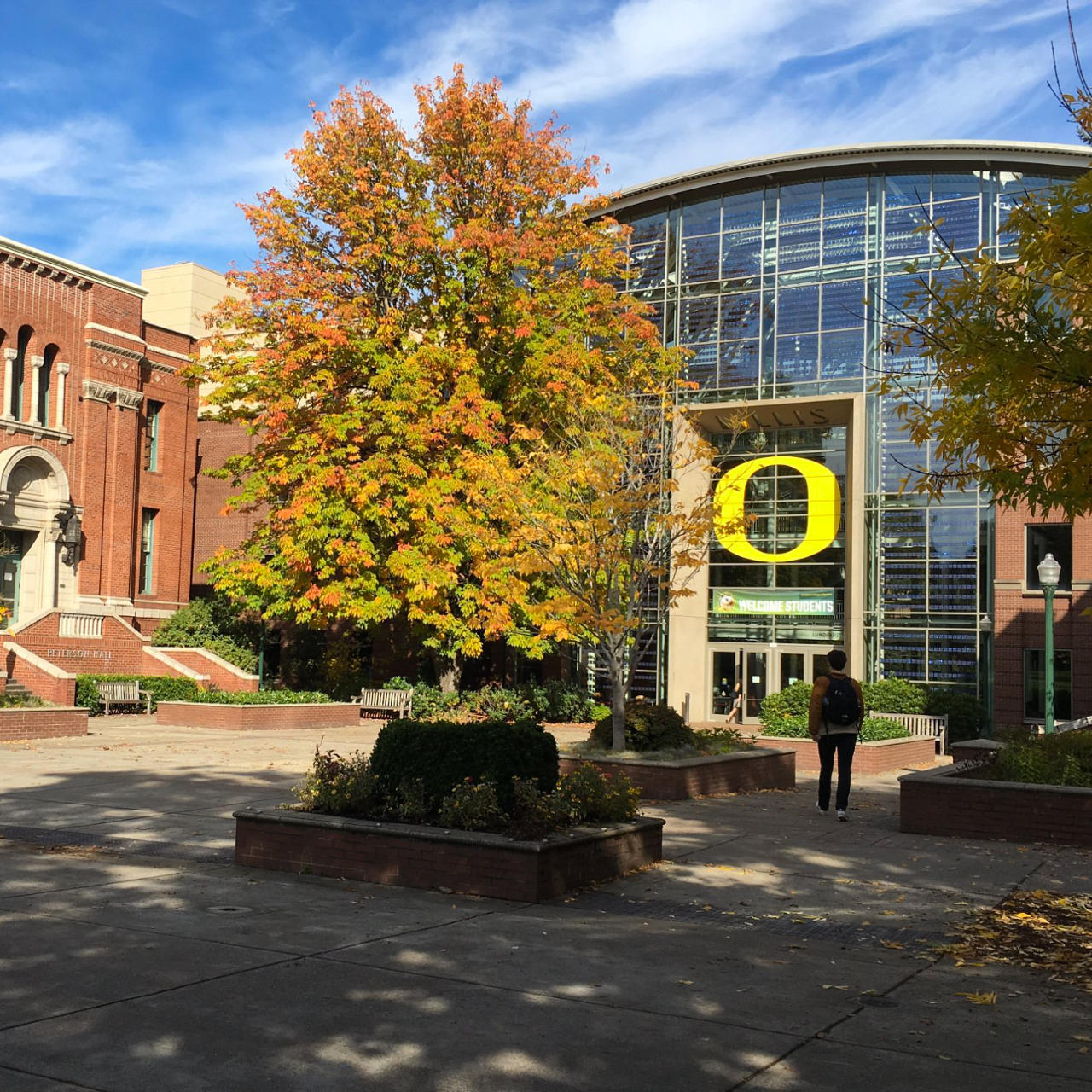
Eugene
Regulation: Allowed
6.3 -

Gresham
Regulation: Allowed
6.5 -
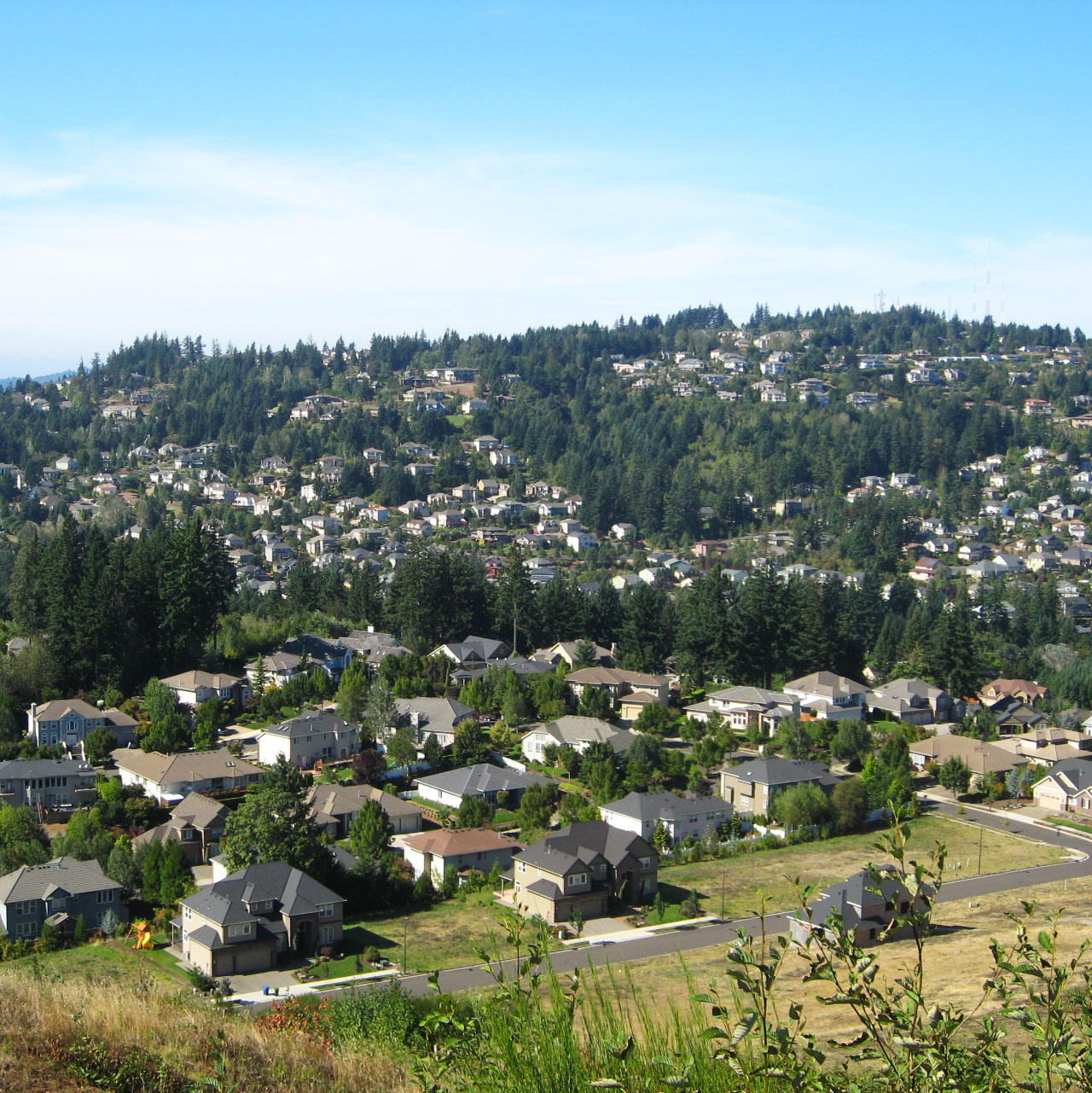
Happy Valley
Regulation: TBD
5.2 -

Hillsboro
Regulation: Allowed
6.4 -
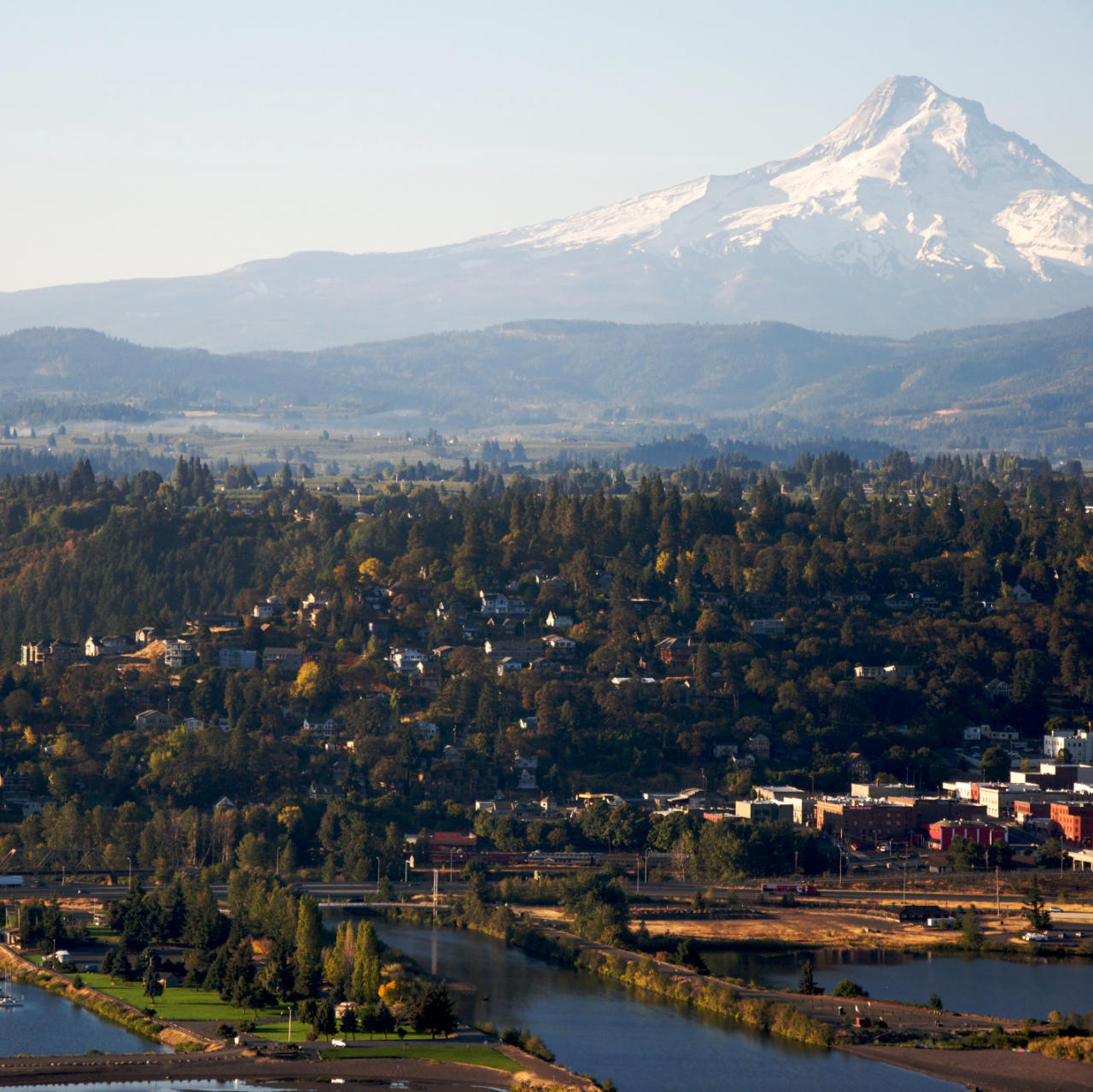
Hood River
Regulation: TBD
4.5 -
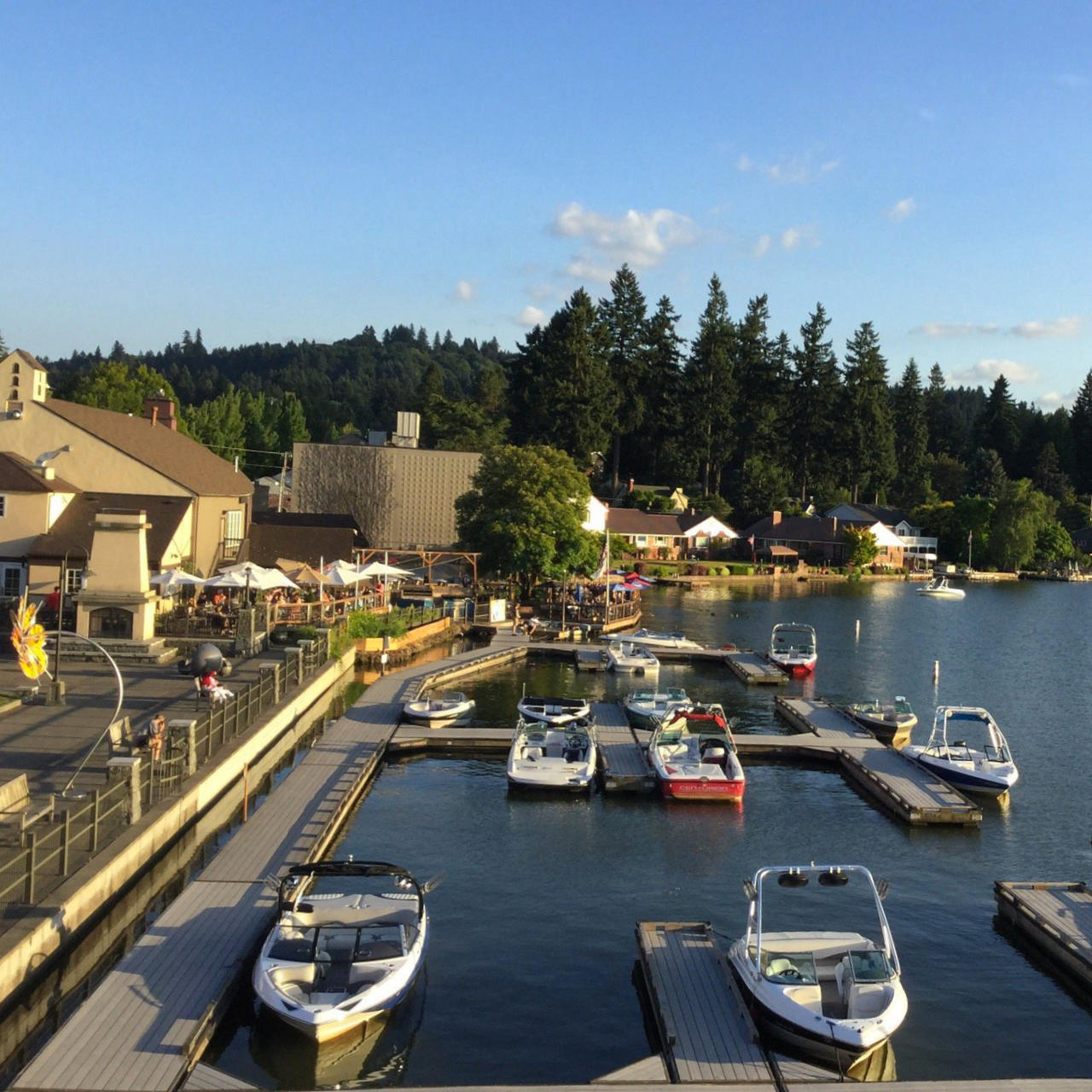
Lake Oswego
Regulation: Allowed
6.0 -
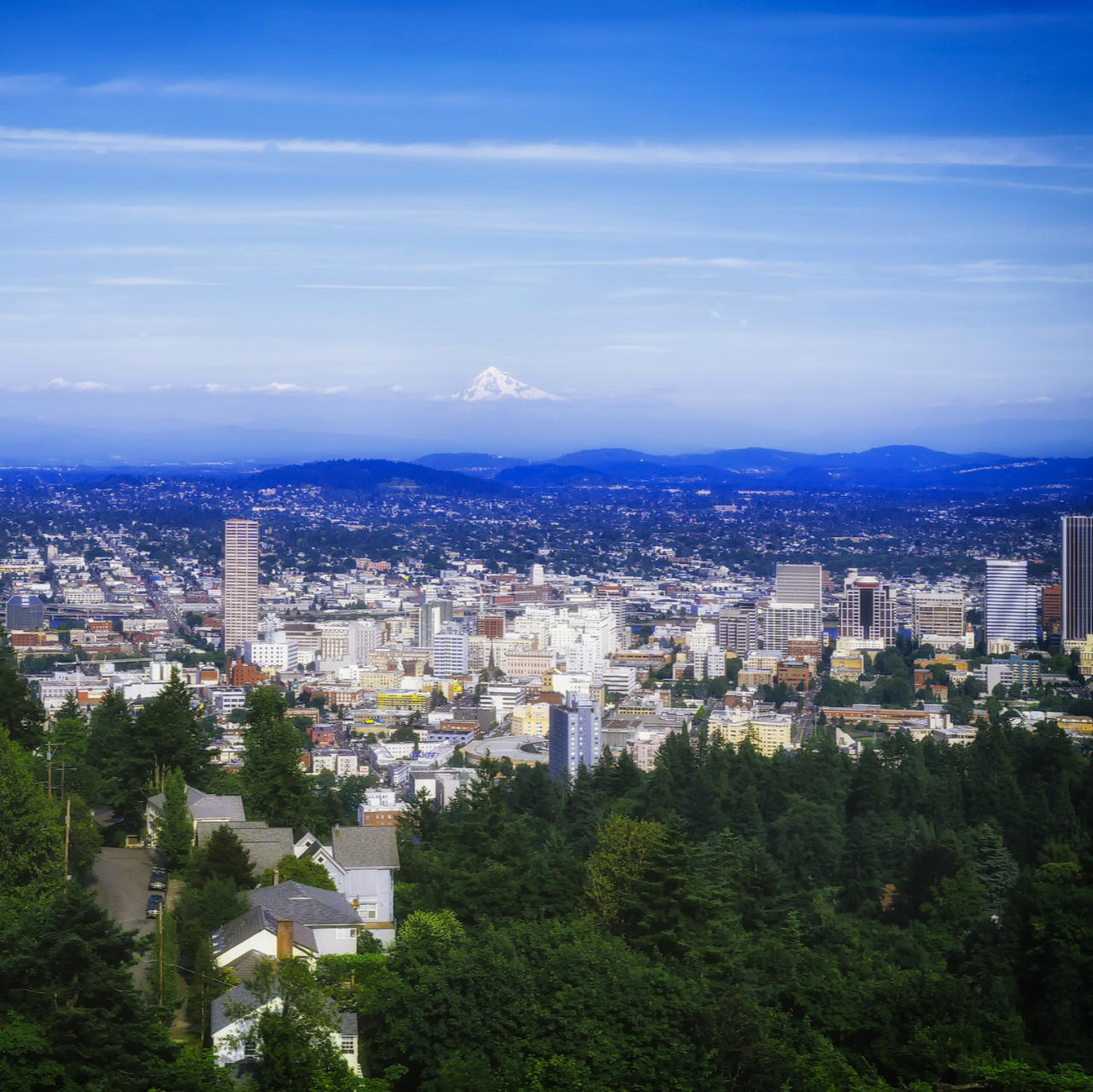
Portland
Regulation: Restricted
4.7 -

Reedsport
Regulation: TBD
6.6 -

Rockaway Beach
Regulation: TBD
3.9 -
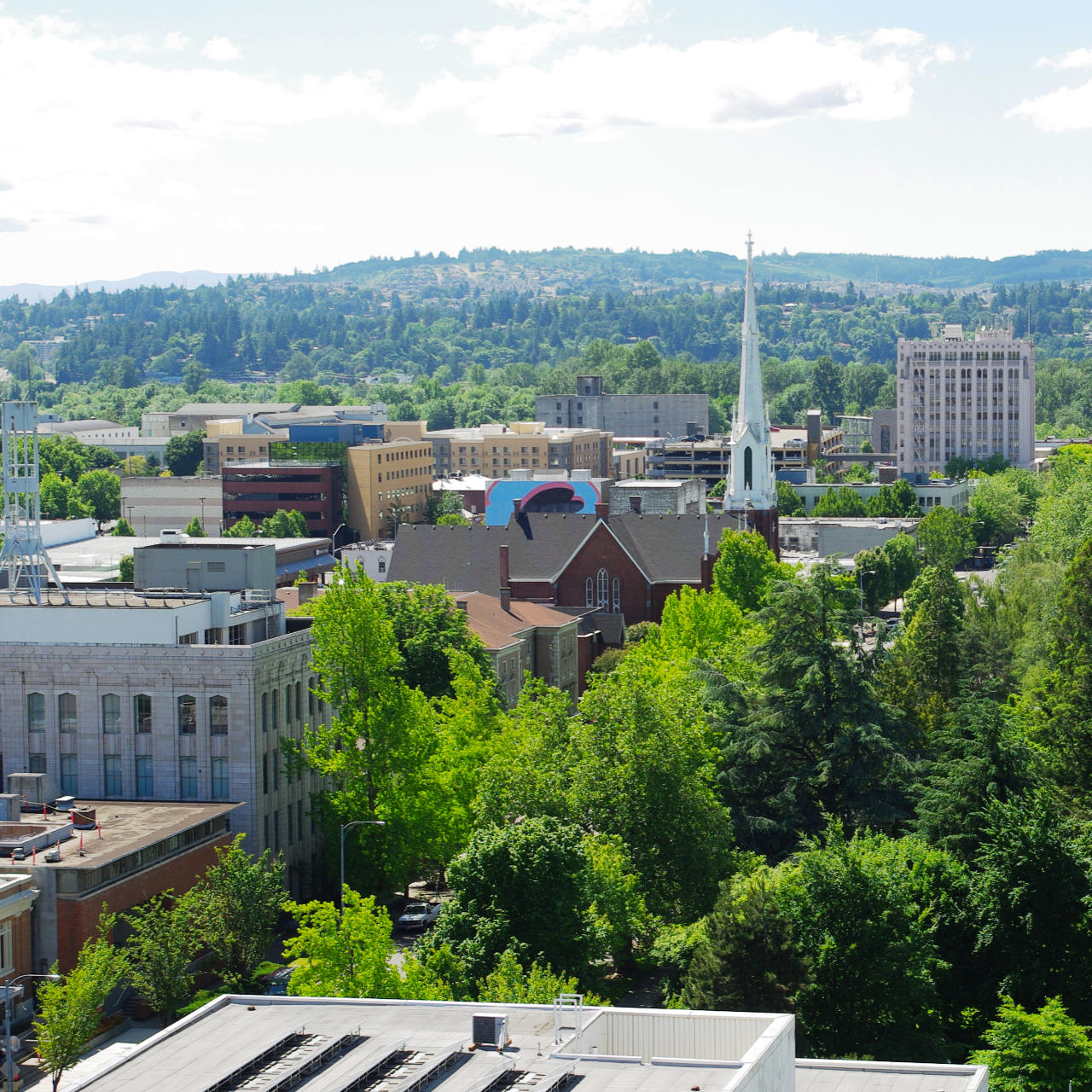
Salem
Regulation: TBD
6.9 -
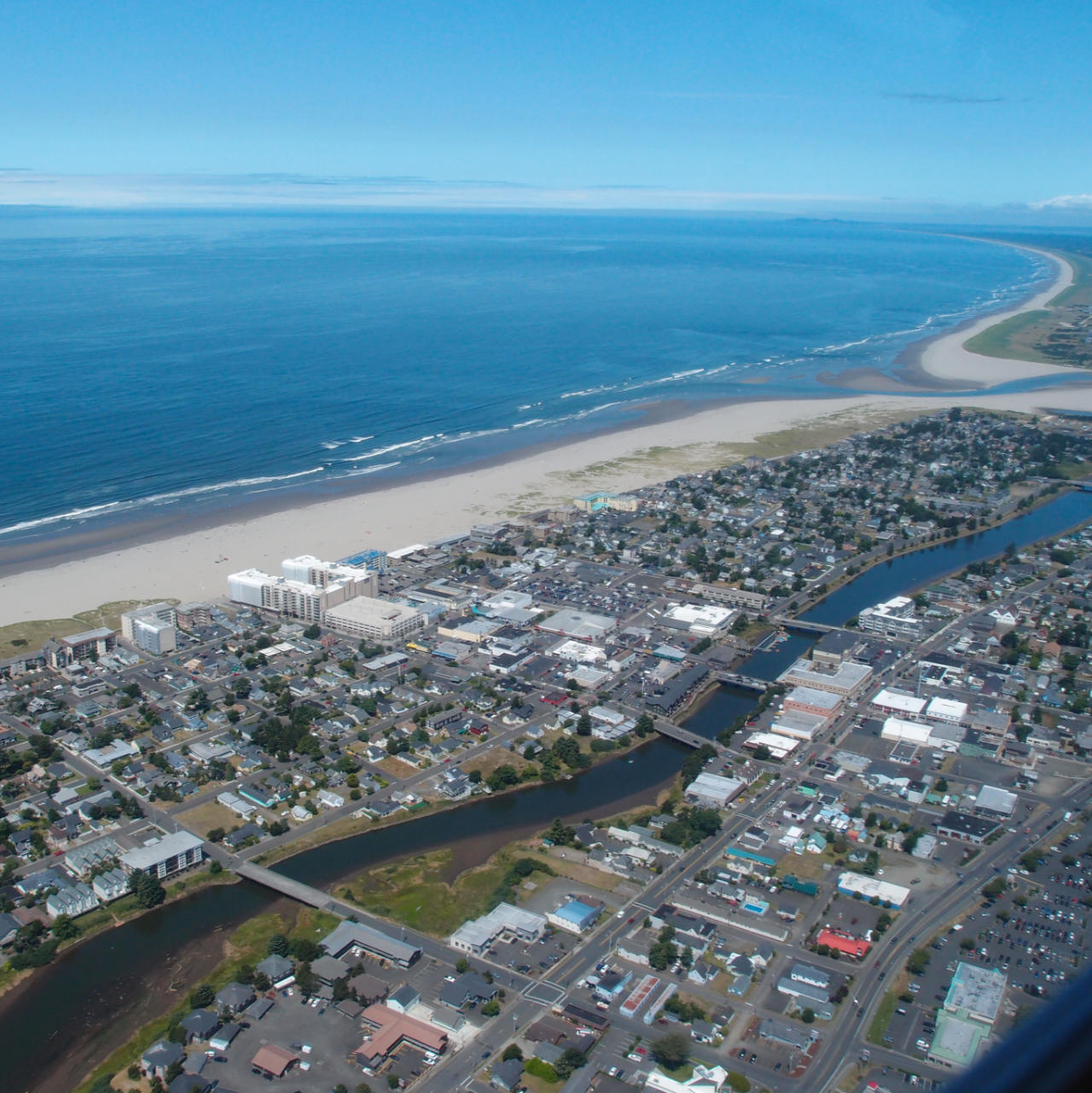
Seaside
Regulation: TBD
4.8 -
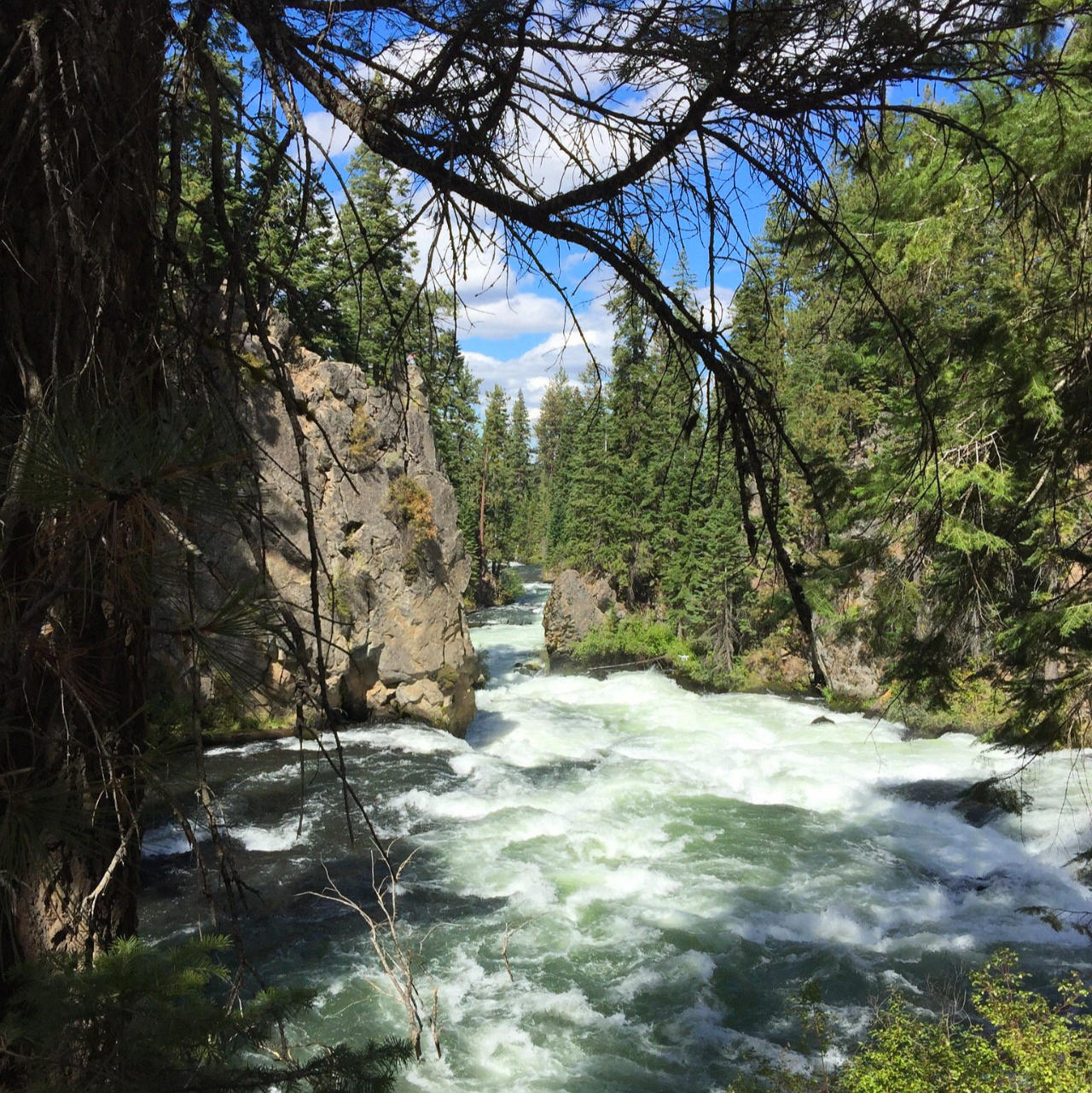
Sunriver
Regulation: TBD
4.1

